The following article is part of a recurring segment in which the Oredigger reviews a department on campus by interviewing the department head and surveying current seniors. To see more articles in this segment click here.
Undergraduate Student Faculty Ratio: 12:1
Graduate Student Faculty Ratio: 7:1
Combined Student Faculty Ratio: 9:1
Total Number of Students:
Undergraduate: 140
Graduate: 85
Average Undergraduate Starting Salary: $72,815
The department of Geophysics is one of the smaller departments on campus, and according to Prof. Terry Young, department head, that small community is what students say makes Geophysics stand out among departments at Mines. Young explained that compared to other earth science and geophysics departments at schools across the nation, the applied Geophysics focus and ABET-accredited Geophysical Engineering bachelor’s degree make Mines Geophysics distinct.
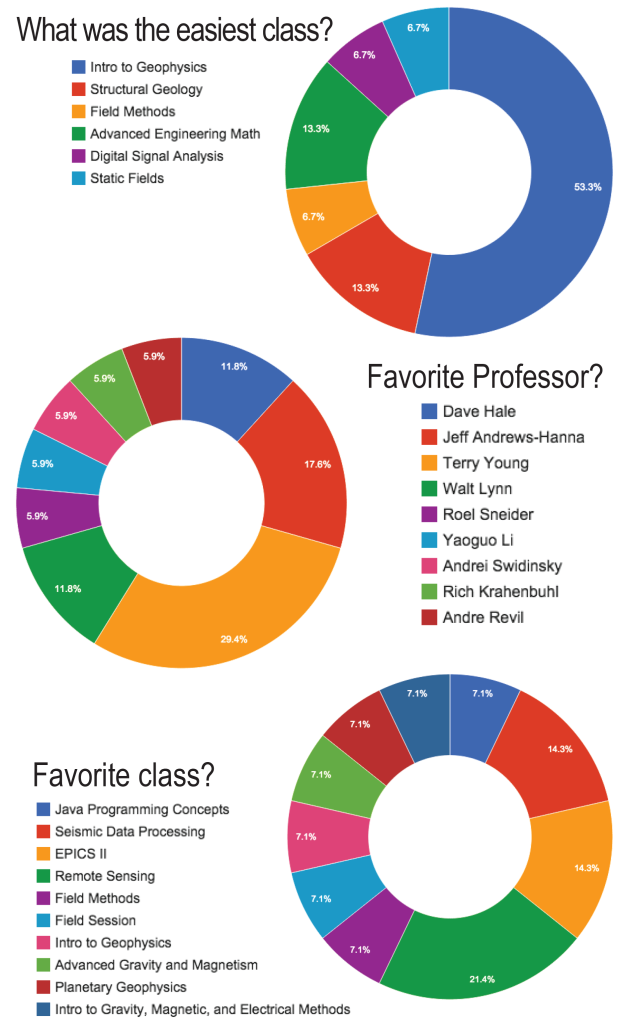
The total number of students has been growing during Terry Young’s time as GP Department head: from 50 undergraduate students and 50 graduate students in 2000 to about 140 undergrads and 85 grads today.
When asked what he tells prospective students considering Geophysics as a major, Prof. Young starts by telling what Geophysics the profession looks like, and the career opportunities with a degree in Geophysical Engineering.
When prospective students ask Prof. Young about Geophysics, he tells them about the profession and what typical career opportunities exist for Mines graduates. Most geophysics majors go on to work in the energy industry after graduation. Young then explains what Geophysics looks like as a discipline and curriculum. In addition to courses specific on geophysical methods, Geophysics majors take courses heavy in math and computer science, but the curriculum also boasts quality opportunities for field work, including the four-week field session.
Students who enjoy physics, math, computer science, field work, or a combination of those are usually the ones who declare geophysics as a major. According to Prof. Young, the issue he faces when advising a prospective student is figuring out if the student leans more towards the engineering side or science side. Although the bachelor’s degree is in Geophysical Engineering, not many take the FE exam: only those going into more geotechnical or environmental disciplines do. Young’s advice to students after declaring Geophysics is to keep their options open, since the department’s curriculum prepares students well to go into either the engineering or science side of geophysics.
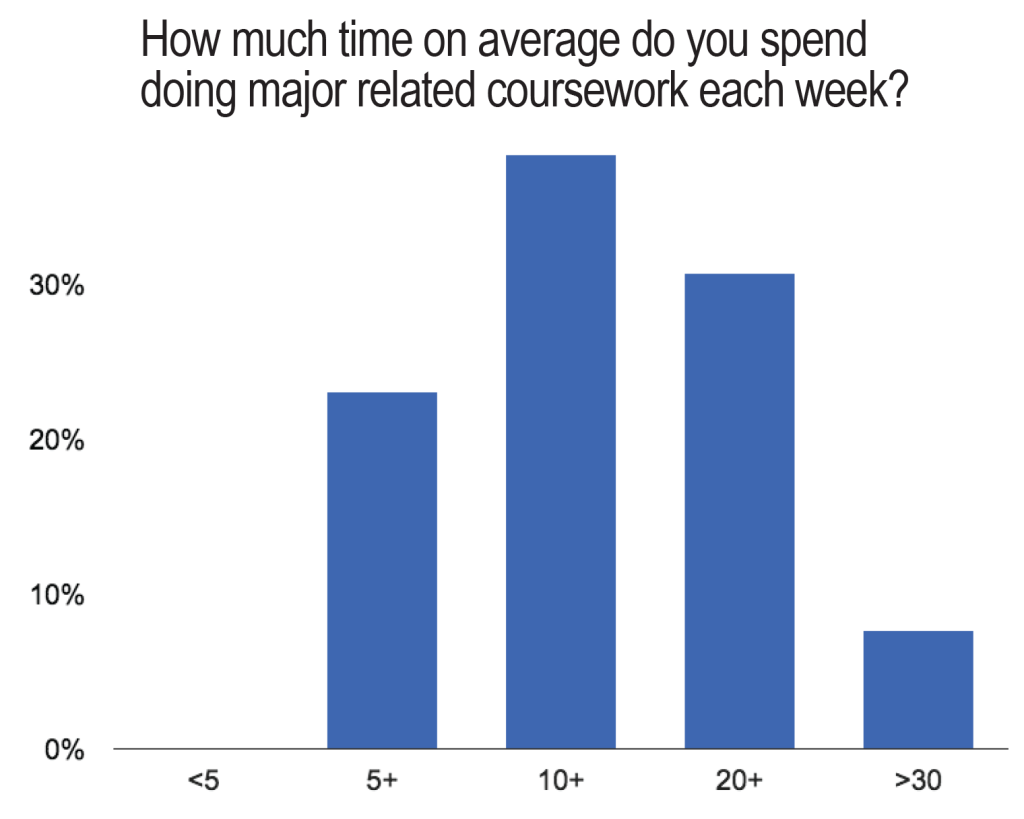
The career prospects after coming away with a degree from the Geophysics Department are good, as the average starting salary in the Career Center’s most recent report is $72,815. Young says that while the undergraduate employment rate has been nearly 100% every year, minor fluctuations can change the overall percentage due to the small size of graduating classes (the class of 2014 and 2015 both have class sizes of about 30). The percentage of graduate students finding employment is almost always 100%, however, with a growing number of companies preferring that the entry-level employees hold master’s degrees. However, Young says that despite the preference for master’s degrees, companies are more likely to take bachelor’s students from Mines because of the reputation of the program.
Mines Geophysics is most well-known for the quality and innovation of oil and gas exploration research, but Prof. Young also highlighted some other areas of research in the department. Jeff Andrews-Hanna leads the Planetary Geophysics lab and has done research on the moon and Mars with grants from NASA. Ed Nissen leads a group that studies tectonics with LIDAR. Andrei Swidinsky researches electromagnetics for marine gas hydrate exploration. Fluids and hydrogeophysics are the focus of André Revil’s research, but he also studies volcanoes in Europe. Whitney Trainor-Guitton will be arriving to the faculty next Fall and adding to the diverse research done in the department with her geostatistics and value of information studies.
When asked what he is proud of, Prof. Young said, “I think the faculty is extraordinary. I’m proud to be associated with them.” He also cited the international reputation of the department as a highlight. He also assured that despite the department’s recent growth, they are trying to maintain the friendliness of the department and approachability of the faculty. Young went back to say that it was the quality of the faculty and the spirit or atmosphere of the department that he is most proud of overall in Mines Geophysics.


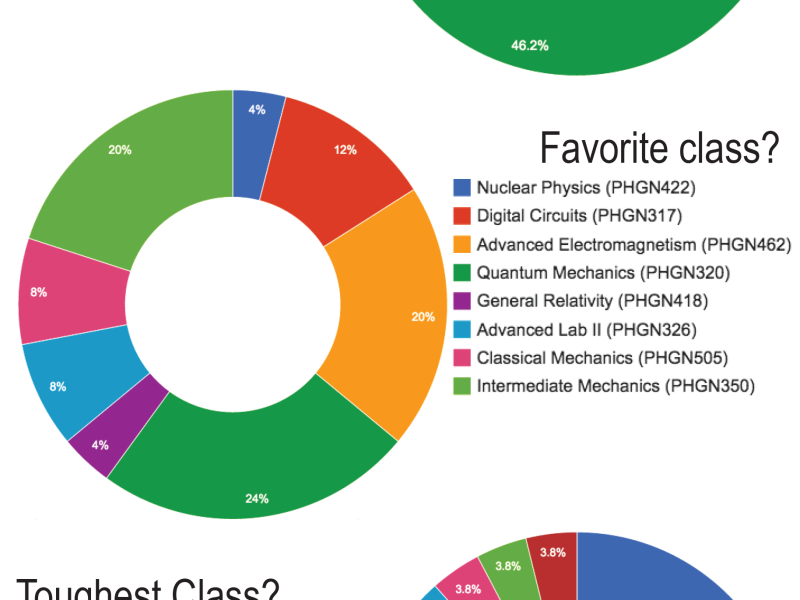
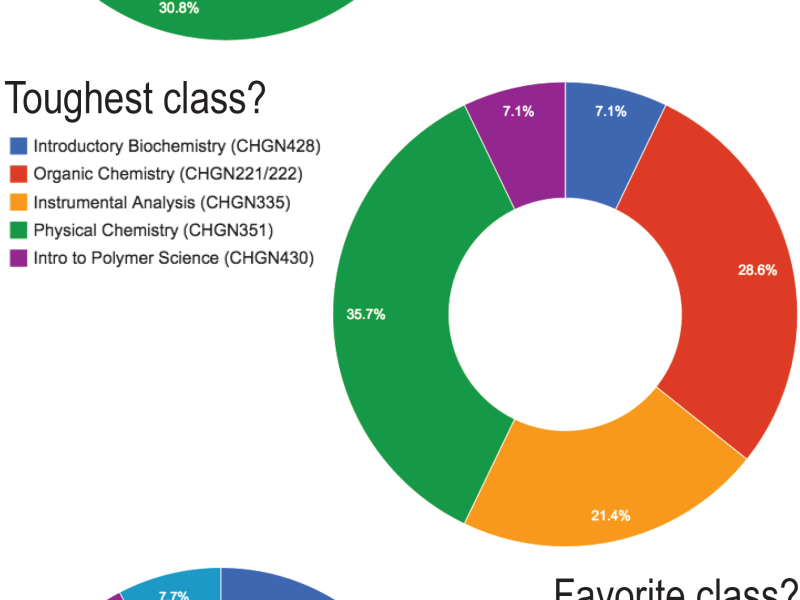
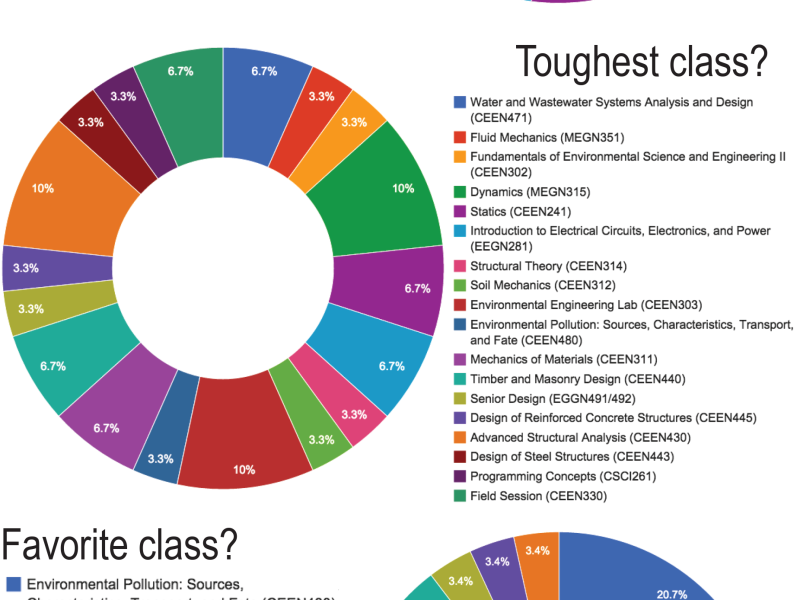
'Department in Review: Geophysics' has no comments
Be the first to comment this post!